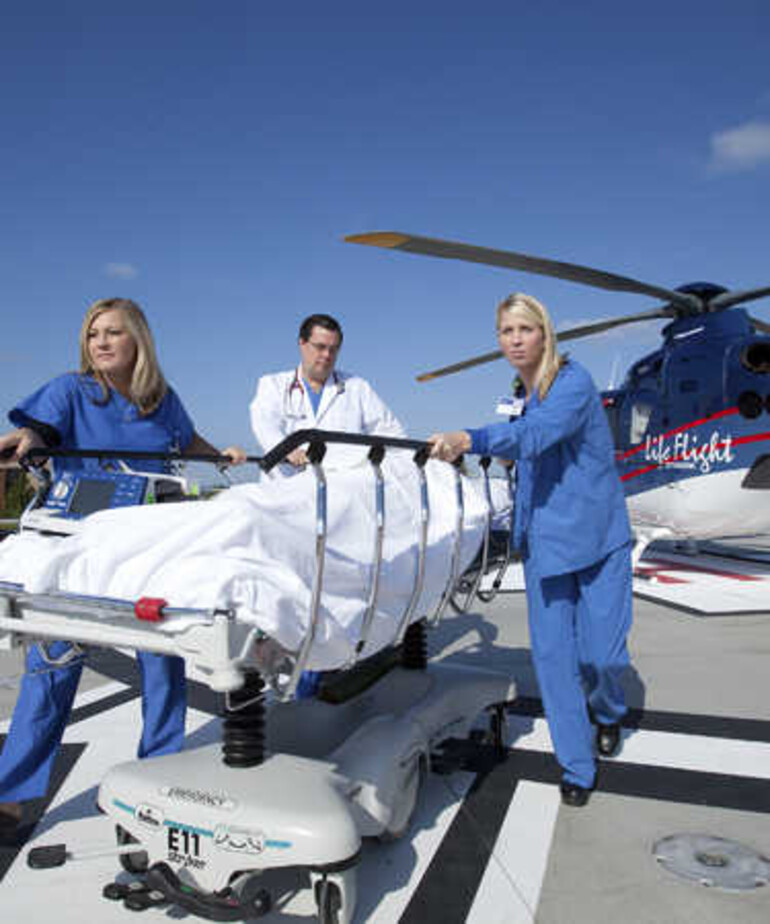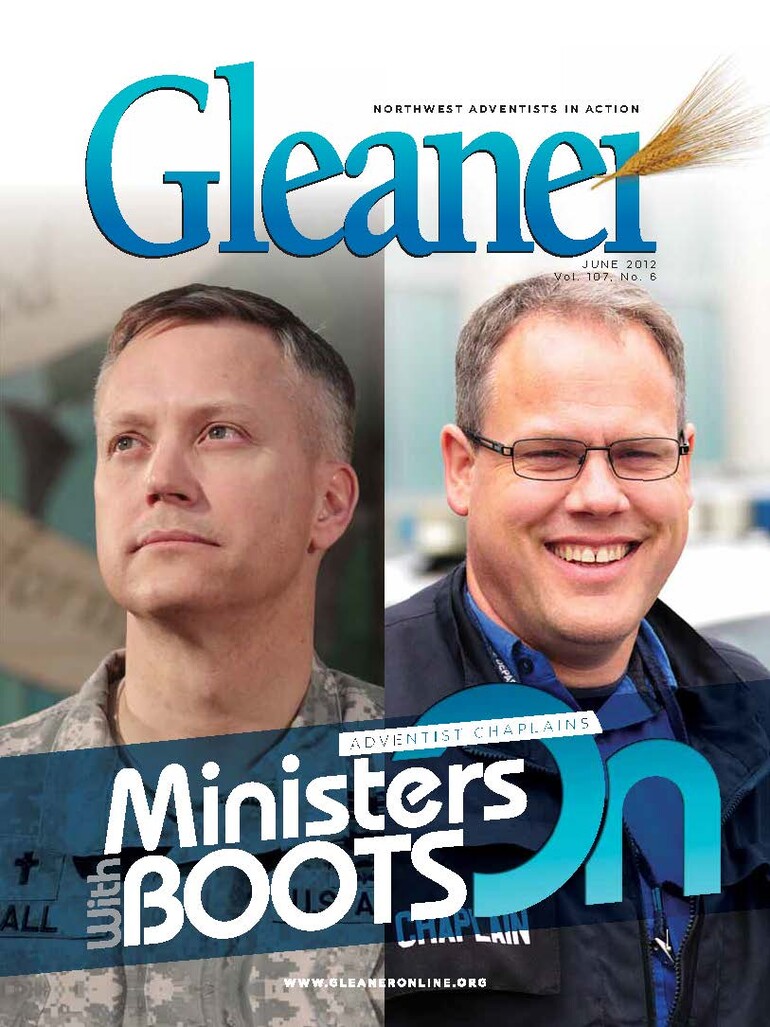When a heart attack or stroke hits, every minute counts. Getting immediate medical attention can mean the difference between life and death. That is why Adventist Health hospitals in the Pacific Northwest have programs in place to increase positive outcomes and provide life-saving quality care fast.
TeleStroke Network in Walla Walla
Walla Walla (Wash.) General Hospital (WWGH) recently partnered with the Swedish Neuroscience Institute (SNI) to provide specialized stroke-care services. SNI's Acute TeleStroke Program offers stroke support services at WWGH through round-the-clock access to SNI's nationally recognized stroke team experts based at the Swedish/Cherry Hill campus in Seattle.
With the help of a video-conferencing network, members of SNI's Stroke Program are able to quickly perform virtual bedside evaluations that allow them to examine patients, review brain images, and quickly select the best acute stroke treatments in collaboration with WWGH emergency-room physicians.
Treatments for strokes are time-dependent and most effective when they can be provided in the nearest ER. Unfortunately, many ERs don't have the volume or support to provide recommended stroke evaluations and treatments. Telemedicine brings the same level of expert care available at a major medical center to hospitals in rural locations like Walla Walla.
Exceptional Outcomes in Oregon
Tightness in Gary Albright's neck, coupled with lightheadedness forced him to rethink heading to work. He felt as if he was blacking out and knew a trip to the ER was necessary. The 61-year-old resident of Tillamook, Ore., was experiencing a severe heart attack.
He was taken to Tillamook County General Hospital (TCGH) immediately, where he was met by Mark Bowman, emergency physician, and Marc Hart, a cardiologist who visits TCGH weekly from the Northwest Regional Heart Center at Adventist Medical Center (AMC) in Portland, Ore. Both doctors knew the situation was serious. A Life Flight helicopter was called, and the emergency team began using a defibrillator to restart the heart.
When the helicopter landed at AMC (one of only two accredited chest pain centers in Oregon) a team of medical experts, including Brad Titus, cardiologist, were ready to receive Albright. While at the hospital, he received care that saved his life.
"The first couple of hours are critical to survival of a heart attack," explains Titus. "Albright had a positive outcome because he came into the hospital quickly."
This story isn't the only one with a happy ending. Wes Rogers, small business owner in Portland, was on a telephone call at work when he suddenly blacked out as a result of cardiac arrest. Luckily for Rogers, his coworkers heard the commotion and immediately called 911. It was the action of the first responders and the coordinated care of the Northwest Regional Heart Center that saved Rogers' life.
Security cameras in his office recorded the whole episode, which is now being used to show the importance of acting immediately in a situation like his. "What saves lives is time," said Hart, stressing that calling 911 should always be the first step in getting timely care.
For more information about the Northwest Regional Heart Center, visit www.adventisthealthnw.com.
Sidebar: You can watch the video by taking a photo of the QR code with your smartphone or visit www.adventisthealthnw.com/Wes.












